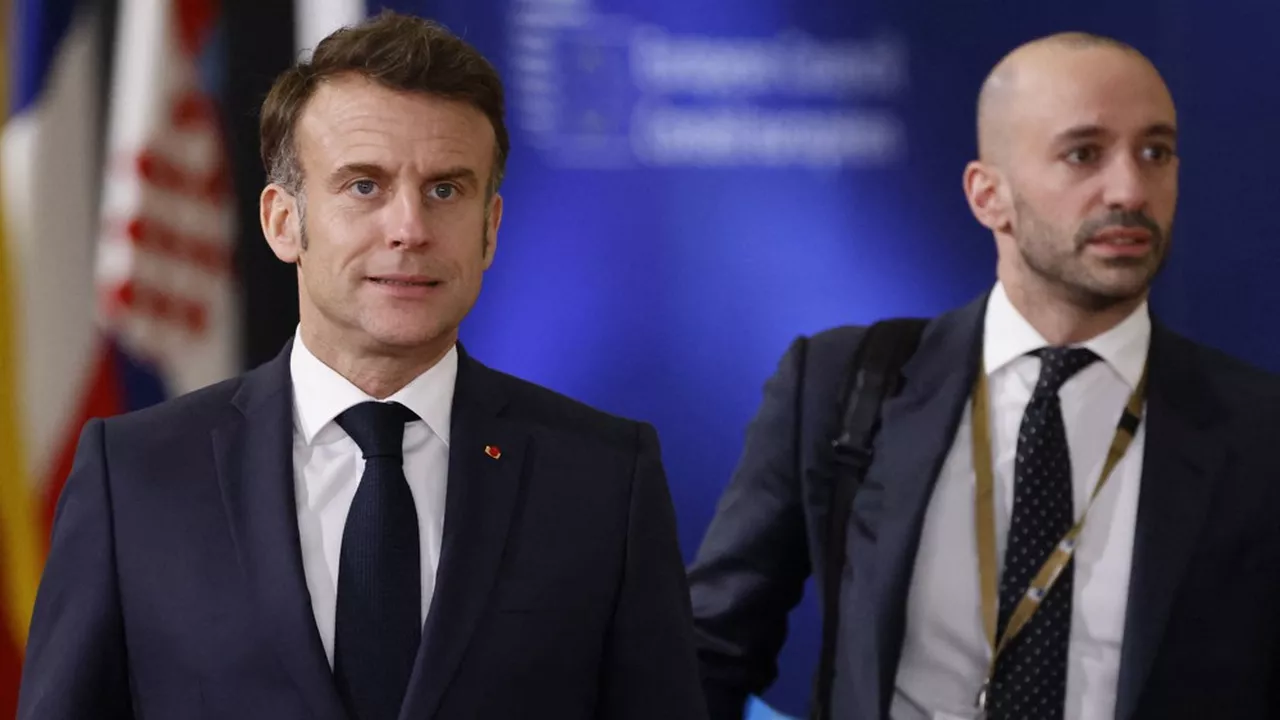Labour Faces Uphill Battle to Convince Public on Welfare Reform Plans
BBC Political Editor Chris Mason warns that Labour still has a considerable task in persuading the public and party base about the rationale and fairness of proposed welfare spending constraints, amid growing pressure to balance fiscal responsibility with compassion.
As Labour positions itself for a likely return to government, a central political challenge looms large: how to reconcile the party’s commitment to fiscal responsibility with its traditional stance on welfare and social justice. According to BBC Political Editor Chris Mason, Labour still has a 'huge persuasion job ahead' to convince voters—and many within its own ranks—that its approach to welfare reform is both economically sound and morally defensible. The issue is not merely technical or bureaucratic.
It goes to the heart of Labour’s identity and legacy. For decades, the party has championed the welfare state as a cornerstone of fairness and opportunity. But with rising pressures on public finances and a fragile economy, party leader Sir Keir Starmer and Shadow Chancellor Rachel Reeves have made clear they intend to exercise caution on spending—even if it means difficult decisions in areas like welfare.
A Balancing Act Between Prudence and Principles Labour’s leadership has repeatedly emphasized the need to maintain economic credibility. Reeves has vowed to 'never play fast and loose' with the nation's finances, promising that every policy will be fully costed and funded. Starmer has echoed those sentiments, framing financial discipline as a prerequisite for lasting social change.
But these reassurances come with political risks. Labour supporters and left-leaning organizations have grown increasingly uneasy about indications that the party might endorse limits or reductions to certain welfare benefits—particularly for working-age individuals deemed 'fit to work' or those in long-term unemployment. The core of the tension is not just about numbers—it’s about narrative.
Can Labour persuade voters that reforming welfare isn’t about punishment or austerity, but about modernizing a system to better support those most in need and incentivize employment? Public Sentiment: Wary and Divided Polling suggests the British public remains deeply ambivalent about welfare. While most voters support a strong safety net, there is widespread concern about perceived 'abuses' of the system or long-term dependency. Centre-right parties have long capitalized on such sentiments—often framing Labour as out-of-touch or overly generous with taxpayer funds.
To win back trust, Labour is trying to redefine the conversation. Instead of pledging expansive welfare increases, the party has promised to make the system more efficient, fair, and focused on helping people into work. But turning that message into votes will require clarity, consistency, and credibility.
Chris Mason’s Analysis: ‘A Massive Persuasion Job’ In his latest political column and BBC broadcast, Chris Mason highlighted just how challenging this communications task will be. "Labour's leadership is threading a needle here. They want to reassure Middle England that the party won't spend recklessly—while also keeping the party’s soul intact on poverty, inequality, and compassion.
It’s not impossible, but it’s certainly delicate," Mason said. He noted that while Starmer has succeeded in detoxifying Labour’s image in many parts of the country, the question of what the party will *do* in government remains open. The welfare debate is emerging as a key litmus test.
“Mere reassurance won’t be enough,” Mason added. “Labour will need a detailed story—a compelling argument that their approach is both fair and effective. That work has barely begun.
” Internal Party Tensions Bubble Up Behind the scenes, Labour’s left flank is growing restless. Several MPs and campaigners have voiced concerns over reports suggesting the party might maintain or even expand existing Conservative-era welfare caps, such as the two-child benefit limit or strict Universal Credit sanctions. Zarah Sultana, a prominent left-wing MP, said in a recent interview, “You don’t fix poverty by cutting benefits.
If we’re serious about levelling up and giving everyone dignity, we have to reject the cruel frameworks the Tories built. ”Trade unions and anti-poverty organizations are also urging Labour to commit to scrapping what they describe as 'punitive' welfare policies. Groups like the Child Poverty Action Group and the Joseph Rowntree Foundation have warned that retaining these policies could plunge more families into hardship.
Starmer and Reeves: Message Discipline Under Pressure In response, the Labour leadership has doubled down on message discipline. When asked directly about the two-child limit during recent interviews, Starmer repeatedly declined to commit to ending it, citing the need for 'honesty about what we can afford. 'That approach has drawn praise from centrist commentators and some former Labour strategists who argue that credibility with fiscally moderate voters is crucial to winning key swing constituencies.
“Elections are won on trust,” said political consultant John McTernan. “You can’t promise everything to everyone. Starmer and Reeves are right to be cautious—but they have to explain it better.
They can’t leave a vacuum. ” The Risk of Voter Disillusionment Labour’s current polling lead—often in double digits—may give the impression of a comfortable path to power. But political history is full of examples where momentum stalls when a party struggles to define its governing vision.
With the Liberal Democrats targeting younger progressive voters, and the Greens presenting an anti-austerity alternative, Labour faces a potential splintering of its base if its welfare message appears vague or regressive. Chris Mason’s commentary taps into this strategic dilemma: “Labour might win the election on the back of Conservative fatigue. But to govern effectively—and maintain support—they’ll need to do more than win votes.
They’ll need to win hearts. ” Policy Alternatives and the Road Ahead Some within the party have proposed policy alternatives that could square the circle between fiscal prudence and social compassion. These include:- Reforming rather than scrapping the two-child limit—adding exemptions for kinship carers or families impacted by unforeseen circumstances.
- Investing in employment support rather than punitive sanctions—helping people find meaningful work rather than penalizing them. - Tightening tax avoidance loopholes to fund targeted benefit increases. - Means-testing better, not more strictly —so support goes to those who need it most without arbitrary cutoffs.
Labour has yet to publish a detailed welfare white paper, but aides say one is being prepared as part of the party’s broader manifesto rollout this autumn. Conclusion: A Defining Policy Battle Labour’s approach to welfare is more than just a budgetary line item—it’s a symbol of how the party sees the role of government, compassion, and fairness in modern Britain. For Keir Starmer, Rachel Reeves, and the entire frontbench, the next few months will determine whether they can persuade the country—and their own base—that their version of economic responsibility includes a just and humane safety net.
As Chris Mason puts it, “Labour has cleared many hurdles to become a government-in-waiting. But on welfare, they still face one of their hardest sells. The question is: can they close the deal?”.
24th july 2025



